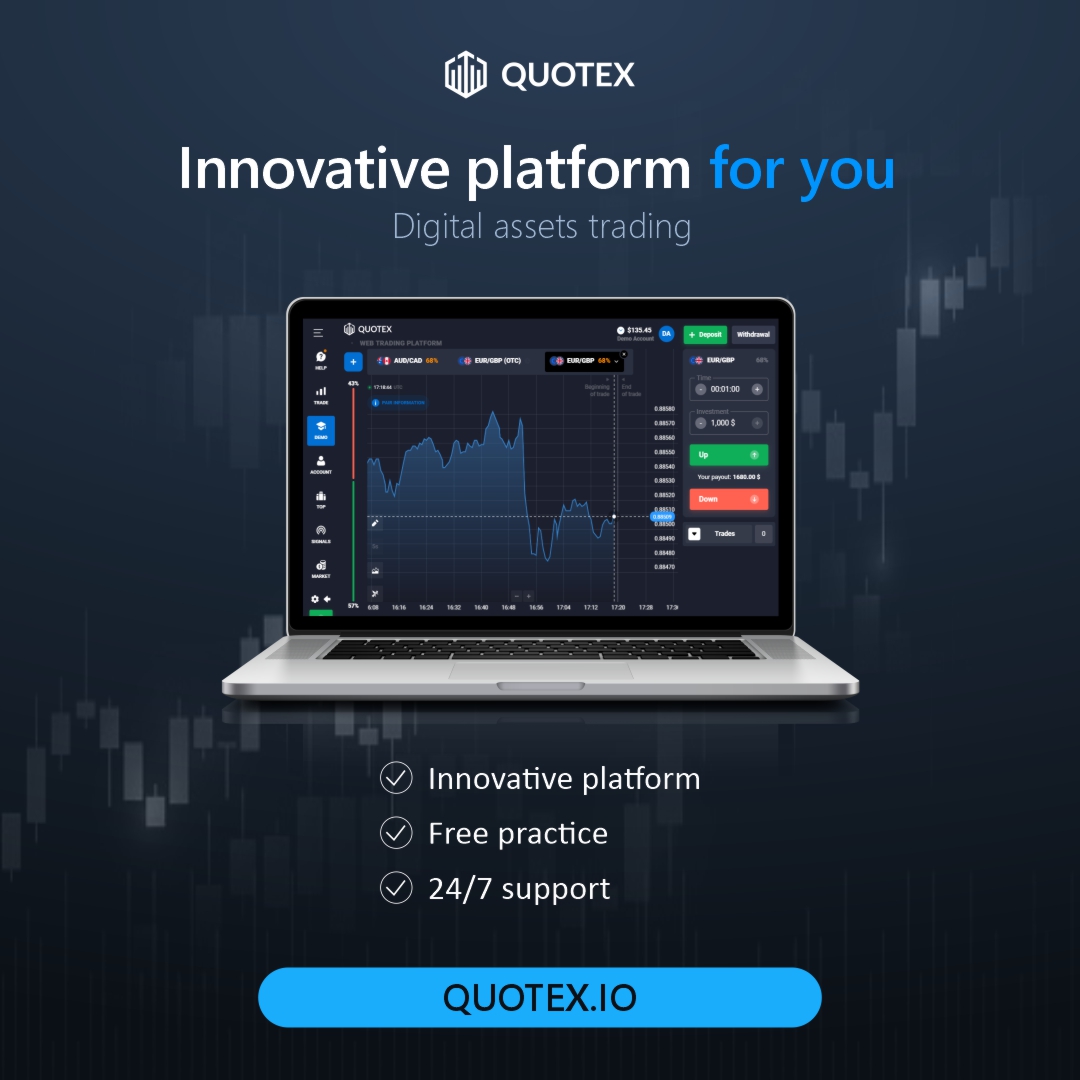Filipino scammers have created false tokens representing the Bank of America, Blackrock and JP Morgan in the Ledger XRP (XRPL), impersonate the United States Treasury accounts through fraudulent Kyc processes.
Why is it important to discuss?: The scam shows how easy it is to create false tokens and disseminate wrong information. Activities such as this paint a negative image of all Filipinos, affecting those who try to contribute positively to the broader cryptographic ecosystem.
Key details:
- Zach Rynes, Link of the Chainlink community, issued a warning about wrong information in the XRP community.
- The scam involves fake Kyc accounts of the Philippines Supplant The United States Treasury.
- Fraudulent publications on the XRP wallet of the United States Treasury were widely shared, claiming interactions with the main institutions such as Bank of America and JPMorgan.
- The chain analysis showed that the wallet was activated by a non -American account, based in the Philippines, said accounts X.
Claims that circulate in the community include:
- Bank of America made 100% of internal transfers in Ripple in 2021.
- XRP is a CBDC.
- Ripple is based on Hong Kong.
Respectively: Influencers were criticized for disseminating erroneous information without verification.
“The last example of the erroneous information problem in the $ XRP community … This time we have false Kyc’d accounts of the Philippines that pretend to be the treasure of the United States and issue fake bank of America, JP Morgan and BlackRock Tokens In the XRPL. of Kyc that says it is false. “
Zach Rynes, Community Link, Chainlink
How it worked:
- The direction of the fraudulent wallet, RFHHX6HA54LBQA3J7R7ENCS6QYARK2LYFQ, was activated by Kraken.
- The wallet was verified by KYC through Xumm, deceiving many to believe it was legitimate.
What is KYC? Financial institutions use KYC procedures (know your client) to verify the identity of a client before allowing them to open an account.
- In the cryptographic industry, KYC processes help stop illegal activities such as fraud, money laundering and terrorist financing. (Read more: KYC for Bitcoin in the Philippines)
Between the lines: While blockchain provides transparency, it does not prevent bad actors from exploiting the lagoons. KYC processes, even when implemented, can be manipulated if they are not properly analyzed.
- Blockchain platforms and social networks users must collaboratively verify and expose fraudulent activity, emphasizing caution and skepticism as the scams become increasingly sophisticated.
It is worth reading: Last year, the official YouTube accounts of the well -known Philippine personalities were pirated to promote XRP. These included the Ben & Ben band, the P-Pop Boy SB19 band and the Blanco Rico singer.
This article is published in bitpins: Nakakahiya! The Filipino scammers are passed through the US Treasury, Fake Bank of America & BlackRock Tokens in XRP Ledger
What else is happening in Crypto Philippines and beyond?





